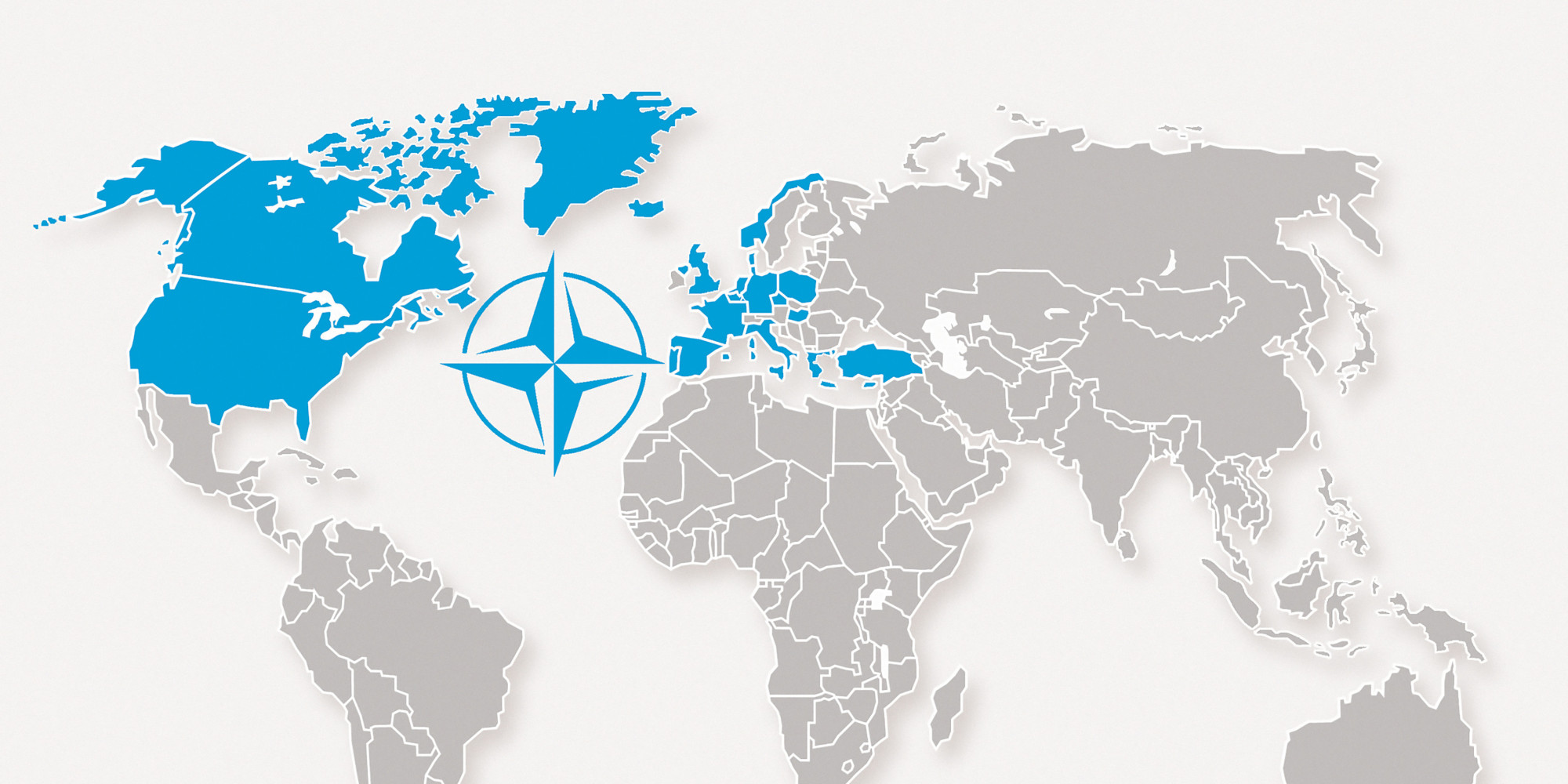
With the crisis in Ukraine growing deeper, millions still suffering in Syria, and the Gaza strip once again becoming a war zone between Palestine and Israel, there is no shortage of international crises and humanitarian issues across the globe. The decisions of today’s world leaders will have long-term consequences that will be remembered for centuries to come. NATO has played an integral role in the security and stability of its member states over the past three quarters of a century, and despite concerns over its existence post-Cold War, will continue to play an extremely important role in the future.
The history of NATO’s actions has largely been responsive in nature. When an event has taken place that threatens the security of any member state, NATO has directly responded to the event itself. This creates an important dichotomy between what could be considered an act of aggression versus an act of defense. While NATO is a defense organization, there has been opposition to its mandated actions. In a recent policy address, Russian President Vladmir Putin said that “NATO is blatantly building up its forces in Eastern Europe, including the Black Sea and the Baltic Sea areas. Its operational and combat training activities are gaining in scale.” Whether this comment can be considered accurate is unfortunately up to interpretation.
Historically NATO’s response has consisted of naval blockades and enforcing no fly zones. More recently, NATO operations have extended to Counter-Piracy in the Red Sea, Gulf of Aden, and the Indian Ocean, as well as various peacebuilding forces throughout the Middle East—most notably in Afghanistan since 2003. The build-up of armed forces in an area seen to be a potential conflict zone does not necessarily define aggression given the circumstances that surround the situation. In the case of many areas that have held NATO peacebuilding forces, their presence has been either directly requested by the country or mandated by the United Nations. Libya’s no fly zone was a result of UN SC Resolution 1973, where in discussions the speaker for Lebanon stated that “[the resolution] would not result in the occupation of ‘one inch’ of Libyan territory by foreign forces.”
Regarding the current crisis in Crimea, Vladmir Putin has admitted that the soldiers who took over the peninsula before the annexation were Russian. Therefore, the direct takeover of a geographical area by an organized military force could logically be considered an aggressive force, while the build-up of troops within a conflict free zone, by comparison, cannot. Britain has recently pledged 1350 personnel and 350 vehicles to Poland as “a package to reassure Eastern European [NATO] allies”.
NATO’s largest members in financial support are also the largest in defense support, creating a potential disconnect between the political and economic wishes of larger member states capable of influencing political action individually. This has been a key argument of many NATO opponents. While discussions not related to defense will inevitably arise and perhaps affect those pertaining to NATO’s collective defense clause, it cannot on a global scale affect the clear message that NATO’s Article 5 presents. Any member state, regardless of it’s size, is entitled to the collective defense provided by all member states as one controlled entity. This is the sole purpose of NATO, a group of member states who share one common goal and work together to see it come to fruition. Therefore, assembling soldiers from member states within the borders of any member state falls directly under the mandate of the organization. This, of course, extends to other technologies like missile defense as well. The agreement between member states is of no concern to those outside of the organization, unless it directly threatens the security of any member state. The public knowledge of cooperation between member states as one force acts as both a reality to aggressors and as a deterrent to others.
The rapid globalization of the world’s leading economies and developing nations has created a security climate that affects every country regardless of geophysical location. The upcoming NATO summit in Wales on September 4 and 5, 2014 will be one of the most important meetings in the history of the organization. The future of NATO in a globalized and digital world where countries, peoples, and individuals face increasing levels of threat from multiple angles means that a collective defense agreement is now more important than it has ever been. Although each member state is ultimately responsible for it’s own security, greater cooperation between countries in a NATO like environment means higher levels of diplomacy, democracy, and diminishing threats globally.




